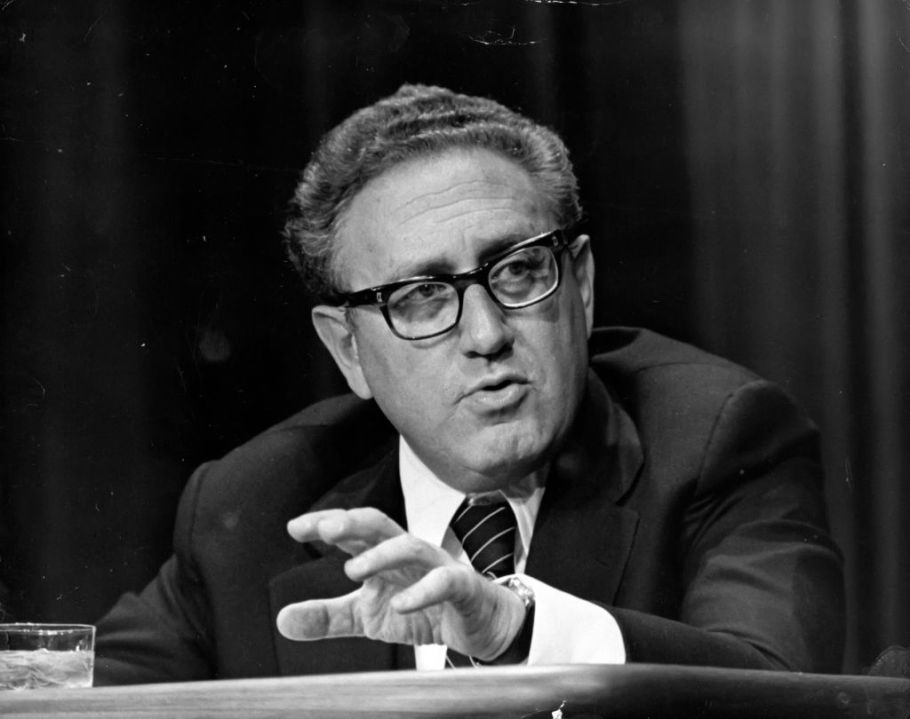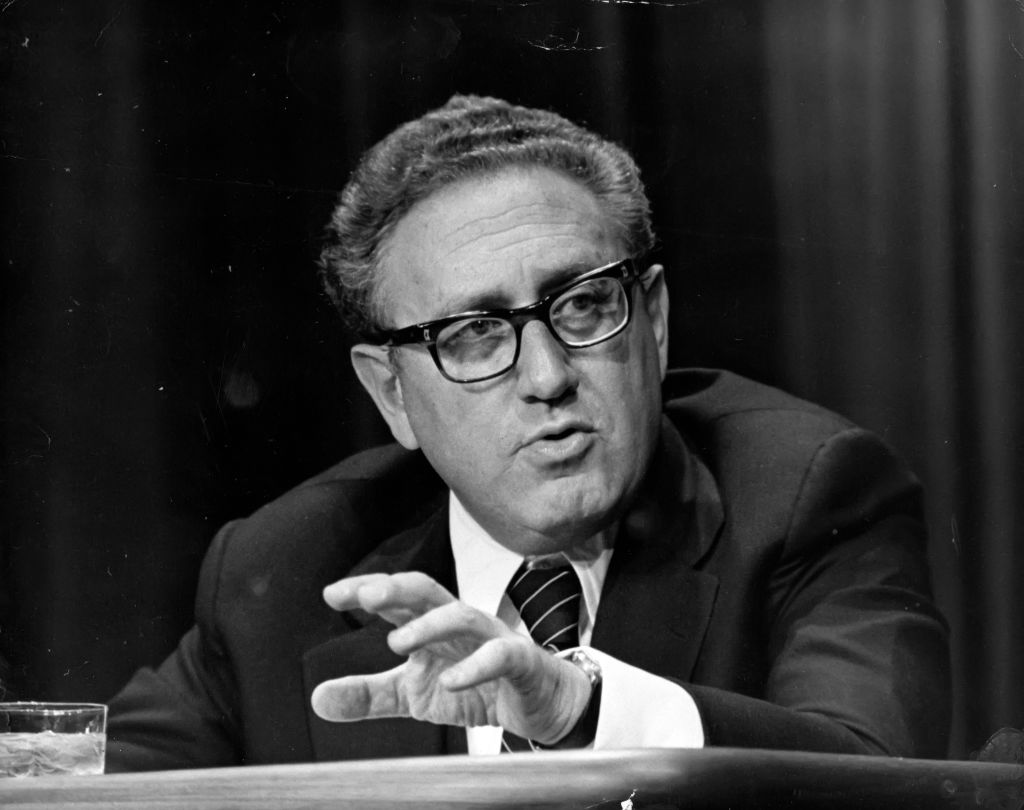The leading advocate of world order died at a time when it all appeared to be coming undone. Henry Kissinger spent the last months of his century-long life travelling to China to temper escalating tensions with the United States, pushing for negotiations to end a war begun by Russia in Ukraine (he made his first intervention on this war in The Spectator last year), and watching as Israel and Hamas entered a new death struggle. Even more discouraging, isolationist tendencies were ascendant again in the US, and American democracy seemed crippled by divisions that shut down Congress repeatedly. Kissinger’s last book, co-authored with Google’s Erich Schmidt, warned that artificial intelligence was on the verge of supplanting human control of the planet – a challenge to consciousness ‘not experienced since the start of the Enlightenment.’
But all was not lost. Kissinger remained convinced that the leaders of the biggest states could hold it together.

Get Britain's best politics newsletters
Register to get The Spectator's insight and opinion straight to your inbox. You can then read two free articles each week.
Already a subscriber? Log in







Comments
Join the debate for just £1 a month
Be part of the conversation with other Spectator readers by getting your first three months for £3.
UNLOCK ACCESS Just £1 a monthAlready a subscriber? Log in